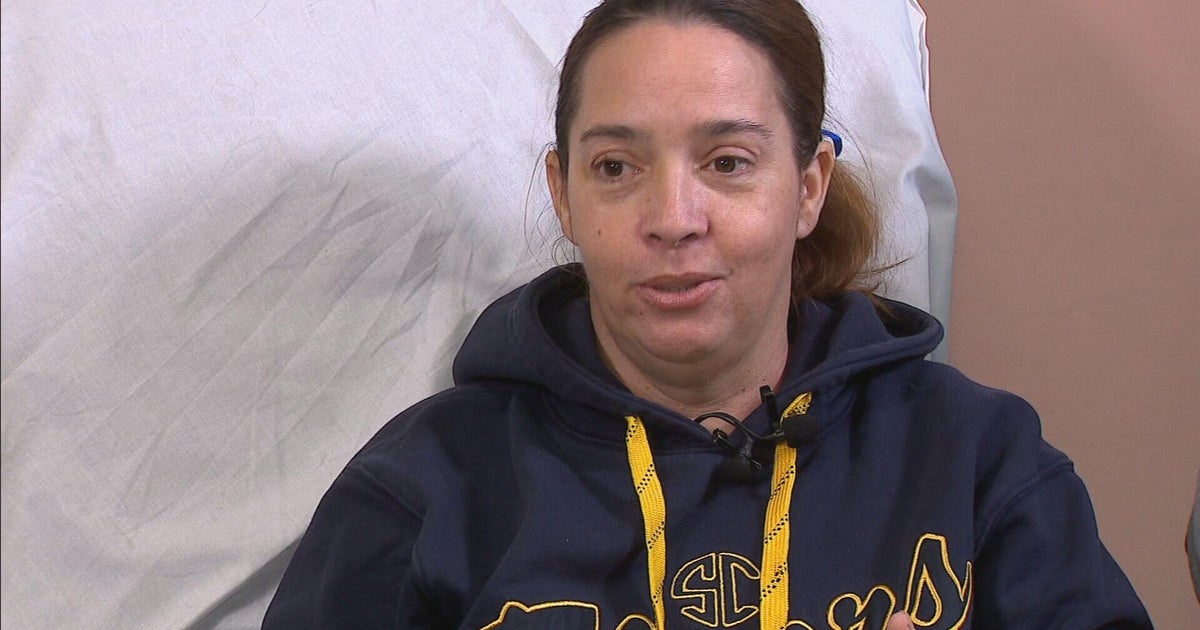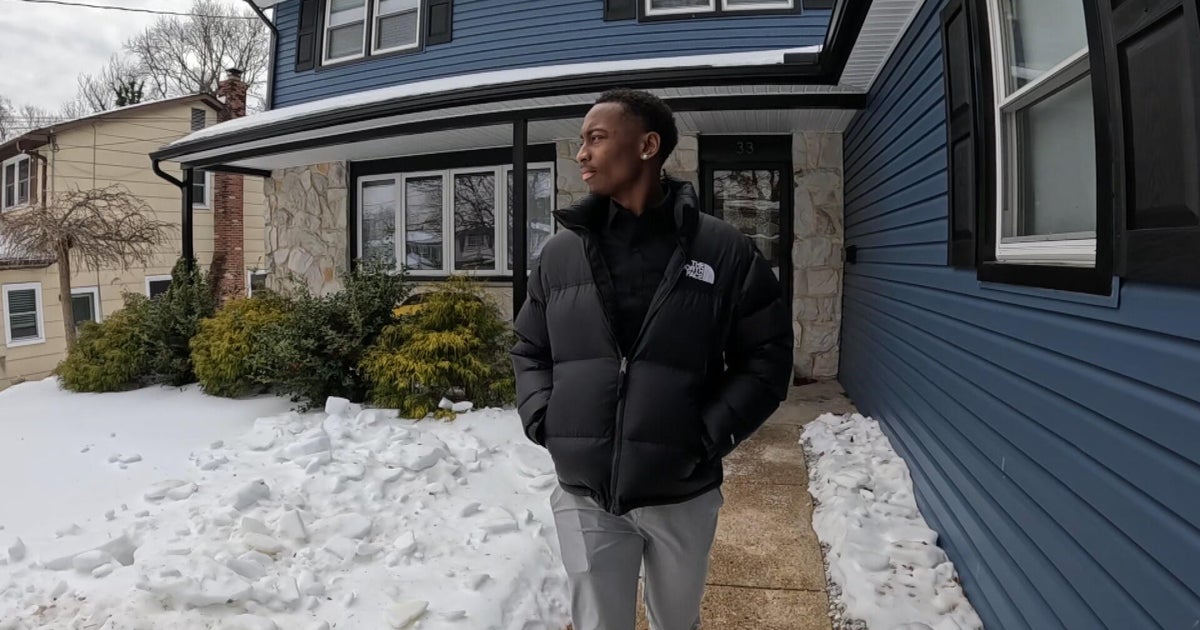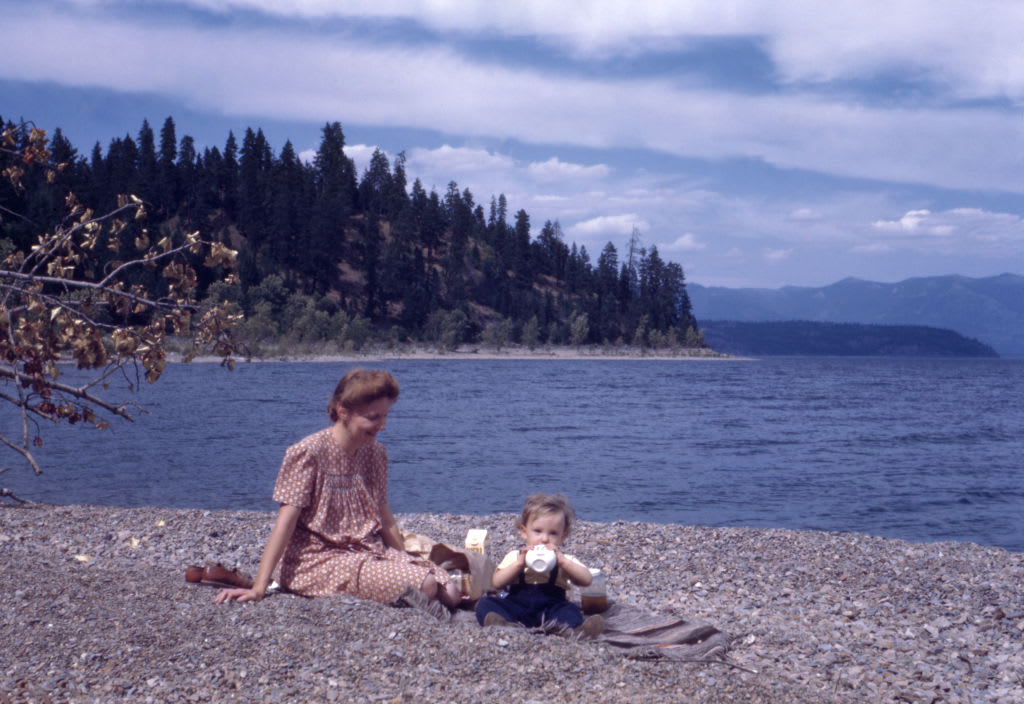New moms hit especially hard by opioid crisis
Twenty-four year old Jessica Cardinal is a recovering heroin addict and mother of two. She is trying to rebuild her life, and looking back, says her darkest days are unrecognizable.
"It ended with me in a car shooting heroin with my kid in the back. And that, to me, was my rock bottom," she told CBS News' Kenneth Craig. "There's just so much pain, so much guilt, so much shame around that and I didn't want to feel like that anymore.
Cardinal is in her final weeks of her 15-month stay at Bridgewell's Women's Program, Johnson Street, a residential treatment program in Lynn, Massachusetts specifically designed for women and mothers struggling with addiction.
She says the hardest part has been balancing being a mother with recovery.
At Johnson Street, women are able to lean on each other for support through daily group counseling sessions. It's also a safe space for pregnant women and new mothers, which means Cardinal was able to keep her youngest child with her.
"I didn't know how to be a mother or how to do everyday things when I first came here," she said. "Coming here they kind of teach you how to do that all over again. Back to the basics, making your bed, cooking, cleaning, getting on a schedule."
The opioid epidemic has hit Americans from all walks of life. Almost 400,000 people died from an overdose involving an opioid from 1999 to 2017, according to the Centers for Disease Control and Prevention.
Opioid overdose rates among women ages 30 to 65 have risen nearly 500 percent in the past 20 years.
A 2018 study published in the journal Obstetrics & Gynecology looked at women giving birth in Massachusetts and found a higher level of opioid use disorder than seen in studies conducted in other states. The researchers also found that in their first year after pregnancy, new mothers with opioid use disorder face a higher risk of overdose due in part to the lack of resources available to them and the shame and stigma. That's why Johnson Street clinical director Joanna Huntington says the women they treat aren't left on their own once they leave.
"We're meeting with them once a week [to] ensure that they're going to their meetings, they're meeting with their sponsor, they're meeting with their therapist. So it's just that added support," she said.
Cardinal is now living with both her children on her own, and not using drugs.
"I want them to have a good life, and be happy and safe and healthy," she said.




